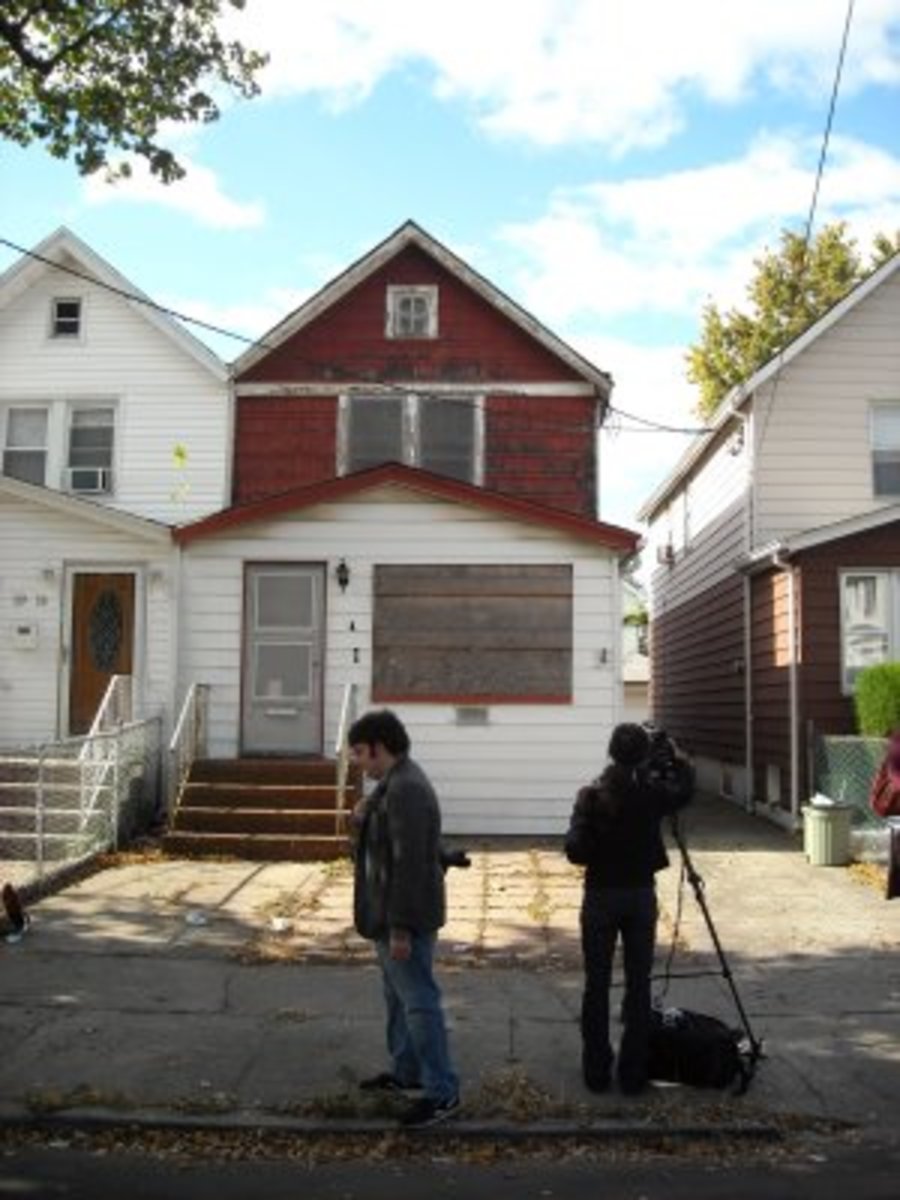The very best and most enjoyable reason to purchase real estate by far is in buying a property in which your family will live and grow together. There is a lot of fun involved in finding the perfect place for you and your family to call home. There is also a great deal of stress involved as well and that should not be overlooked.
Some things to keep in mind when searching for the perfect property for your family are the following:
1) Make your first step the step of finding a realtor or buyer's agent that you are confident has your needs, desires, and best interests at heart. Your realtor can prove to be a lifesaver when you've reached the final hours before closing and the sky looks as though it's going to fall. Far more than that though, your realtor can help you find the home that you simply cannot see your family living without.
2) Once you've found a real estate that you trust to help you find a home for your family it is time to identify the things that are absolute necessities in your search and those things you can live without. The most important thing to decide upon is a budget that you are comfortable living with.
3) Once you've established a budget you need to decide the features that are important to meet the needs of your family. The number of bedrooms, bathrooms, square footage, and yard space. Do you need a fenced in yard or a basement? These things are important as they do affect the comfort and in some cases safety of your family.
4) Another important thing that must be considered when purchasing a home for your family is the neighborhood. This is more important than many people may realize. It is well worth having a smaller home in a neighborhood that is poised for growth rather than a larger home in a neighborhood that is in the state of decline or on the verge of the state of decline. Crime rates in the neighborhood and the school district are other things that need to be considered as well before deciding to view a potential home.
5) You should also take the time to look at several properties before deciding on one property over another. The more properties you see, the better the chances are that you will actually find the one perfect property for the needs of your family home. The more homes you see the more you will learn about your likes and dislikes. You will also get ideas about possibilities and things that can be added on to the home you eventually select. Regardless, the more homes you see, the more choices you have when the time comes to make a decision.
6) Never offer the asking price right away. Even if you are willing to pay the full asking price, offer something a little lower and allow some negotiating room. Be sure, if you truly want the house in question not to be insulting with your offer but make the offer just the same. Some things you may want to consider when you make your offer is how quickly you are likely to need a new roof, new flooring, new heating or air conditioning, and countless other improvements that may need to be made on the property. Each of these things costs money and they add up over time. If everything is fairly recent and in good working order you may want to consider that when making your offer as well.
You will find many houses along the way but few will reach out and impress themselves upon you as home. Those are the ones you should consider long and hard. Weigh the options, the prices, and your likes and dislikes. If you do all of this you should be well on your way to the home of your dreams.








